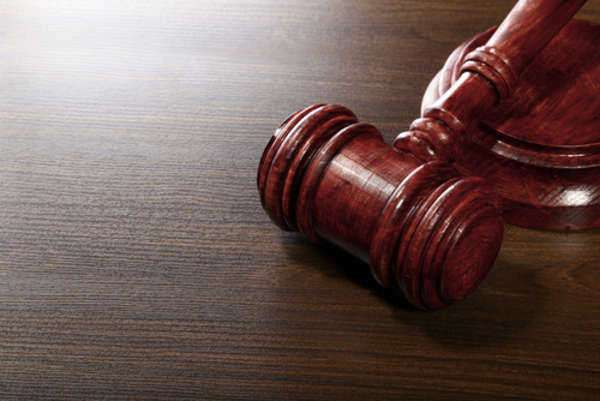Probate Law
What is Probate Law?
After an individual dies, the legal title (ownership) of their property and assets must be legally transferred to the beneficiaries listed in their Will. If the deceased individual did not construct a Will, the beneficiaries will be designated by state law. This process—regardless of the presence of an active will-- is referred to as Probate.
Probate Law is the legal process of administering the distribution of a deceased person’s estate. Probate law enacts this process by resolving all claims (debts against the deceased person’s property) and distributing the remaining property as designated by the Will. Probate law interprets the instructions of the deceased party, labels the executor as the formal representative and adjudicates the interests of other parties who have claims against the estate.

How is Probate Law Administrated?
Probate is the formal process by which the will of a deceased individual is proved to be valid, so that their property and assets can be retitled and transferred to the beneficiaries of the will. As is common with any legal proceeding, there are several technical aspects to the probate process:
• Probate law calls for the publication of legal notices and for all creditors to be notified at the time of death.
• Probate law will guide the executor of the will with regards to how to distribute assets and pay-off creditors.
• Probate law institutes various regulations, such as time constraints. These time factors revolve around filing and objecting claims against the estate.
• If there is a lawsuit pending over the individual’s death or there are pending suits that are now continuing, probate law will institute separate procedures to settle the cases or claims.
• Probate law presides over the sale of Real estate if the estate needs to pay-off debts or correct a distribution of assets
• Probate law will evaluate the estate’s tax obligations; estate taxes, inheritance taxes and gift taxes will be attached to the Will.
• Probate law will preside over the costs of the administration, including taxation. These costs are deducted from the estate’s assets before distribution is enacted by the executors of the will. Other assets may need to be transferred from the deceased individual to his or her beneficiaries.
The Probate Process:
Some of a decedent’s property may never enter probate because it may pass to another individual contractually. Moreover, properties held in revocable or irrevocable trust—only if created during the grantor’s lifetime—will also avoid probate. In these instances, court action is not involved and the property is distributed privately (still subject to estate taxation).
If probate is necessary, the personal representative will first collect and inventory the decedent’s property. The representative will then pay all debts and taxes attached to the estate. Finally, the representative will distribute the remaining property to the beneficiaries, as instructed by the will or according to the intestacy laws of the state.
Parties may challenge any aspect of Probate law and the attached process; a party may directly challenge the validity of the will, challenge the status of the person serving as the P.R. or challenge whether the P.R. is properly administering the estate.
How Do I Avoid Probate?
Probate typically lasts several months and is subject to exorbitant court and attorney costs. One of the best ways to avoid the Probate process is to execute a living trust. Furthermore, property can be transferred outside of probate law by establishing “paid-on-death” designations on bank accounts and “transfer-on-death” on brokerage accounts. Property may also be placed in a joint tenancy with the right of survivorship to avoid probate law.
In regards to real estate, the testator may add a beneficiary to a deed through a life estate deed; the property can be passed down to several generations. The cost of such maneuver should always be weights against the fees associated with probate. If you need legal advice and assistance, contact probate lawyers.